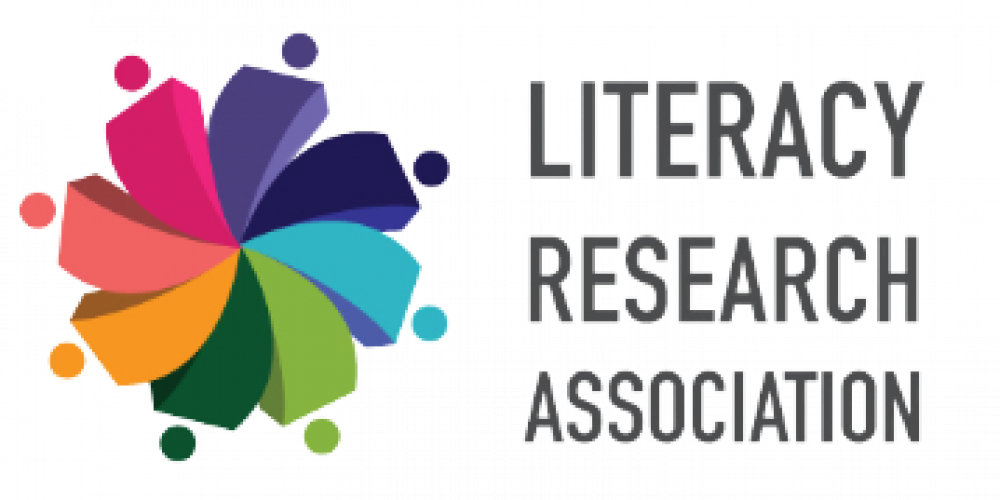Please take a moment to submit a nomination for an article for the Arthur Applebee Award for Excellence in Research on Literacy. The deadline is Tuesday, September 6, 2022.
The Arthur Applebee Award for Excellence in Research on Literacy is presented annually to honor an outstanding article in literacy research published in a refereed journal in the previous calendar year. The award is presented in memory of University at Albany – SUNY Distinguished Professor, Arthur N. Applebee, internationally renowned for his seminal scholarship in the fields of literacy and language learning.

Eligibility
In order to be considered for the Arthur Applebee Award, an article must meet the following eligibility requirements:
- A research article published in a refereed journal between January 1, 2021 and December 31, 2021 (for the 2022 recipient). For articles appearing in print only or in both print and on-line versions, the date of print version should be used to determine the date of publication. For articles appearing only on-line, the date of release should be used to determine the year of publication. If you are at all uncertain, please consult the journal editors to determine what they regard as the official year of publication.
- Refereed journals are construed to include journals published around the world, with the proviso that the content is available in English.
Criteria for Consideration for the Award
The topic of literacy research is construed broadly to include research that informs literacy theory, practice, and/or policy. Nominated articles should make significant contributions to the field, yielding the kind of “ah ha” moment that causes the field to see ideas in new ways with promise to positively influence literacy education.
Contributions to the field may include articles that either substantively develop or add to an existing area of research, combine existing areas of research, or create a new or less considered area of investigation. As an award of the Literacy Research Association, the award focuses on the broadest possible conceptualization of literacy, including all the epistemological, methodological, disciplinary, and topical perspectives found in LRA.
Award Details
Recipients of the award receive a small cash award and a plaque commemorating the award. The authors are also recognized during a general session of the conference. For more information, see this webpage.
Nomination Process
To nominate an article, please send an electronic copy of the article and a nomination letter that states how the article meets the criteria to Kathleen Hinchman by Tuesday, September 6, 2022. Self-nominations are accepted.






